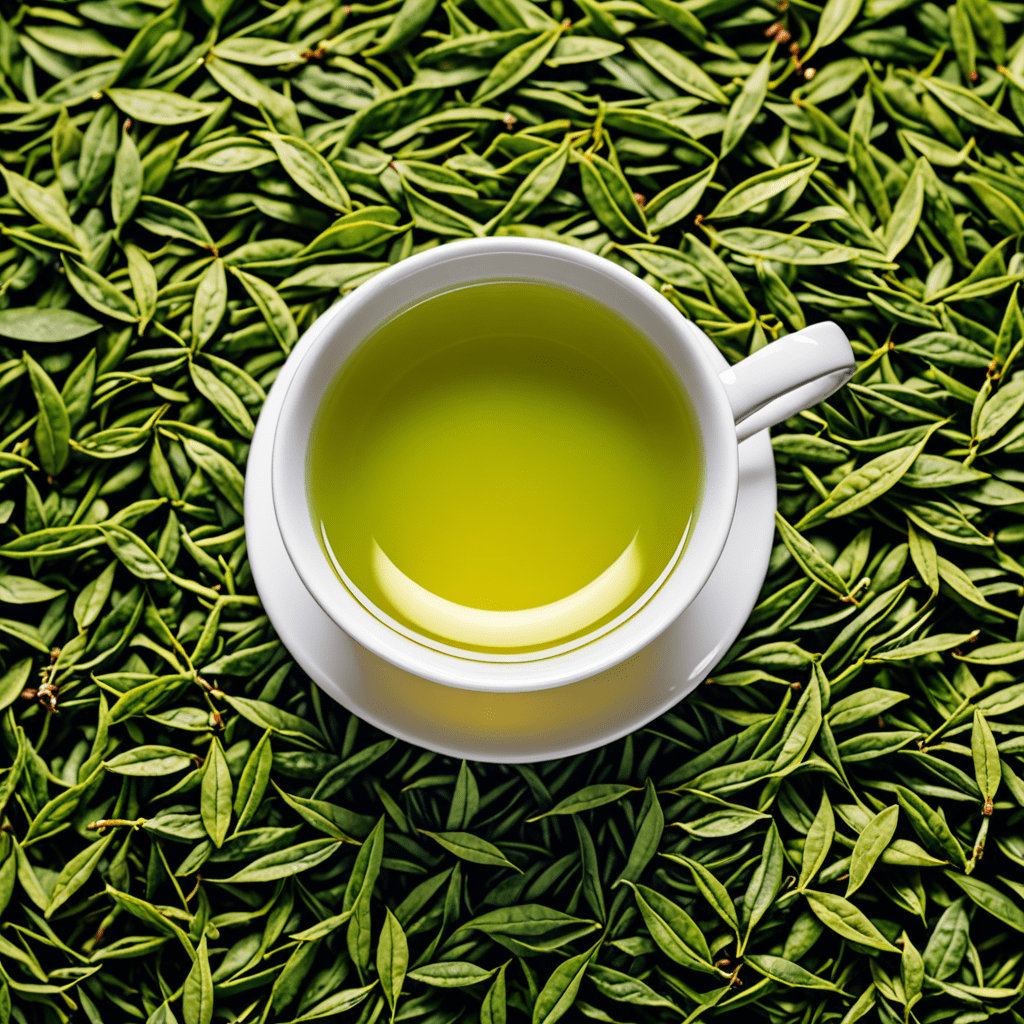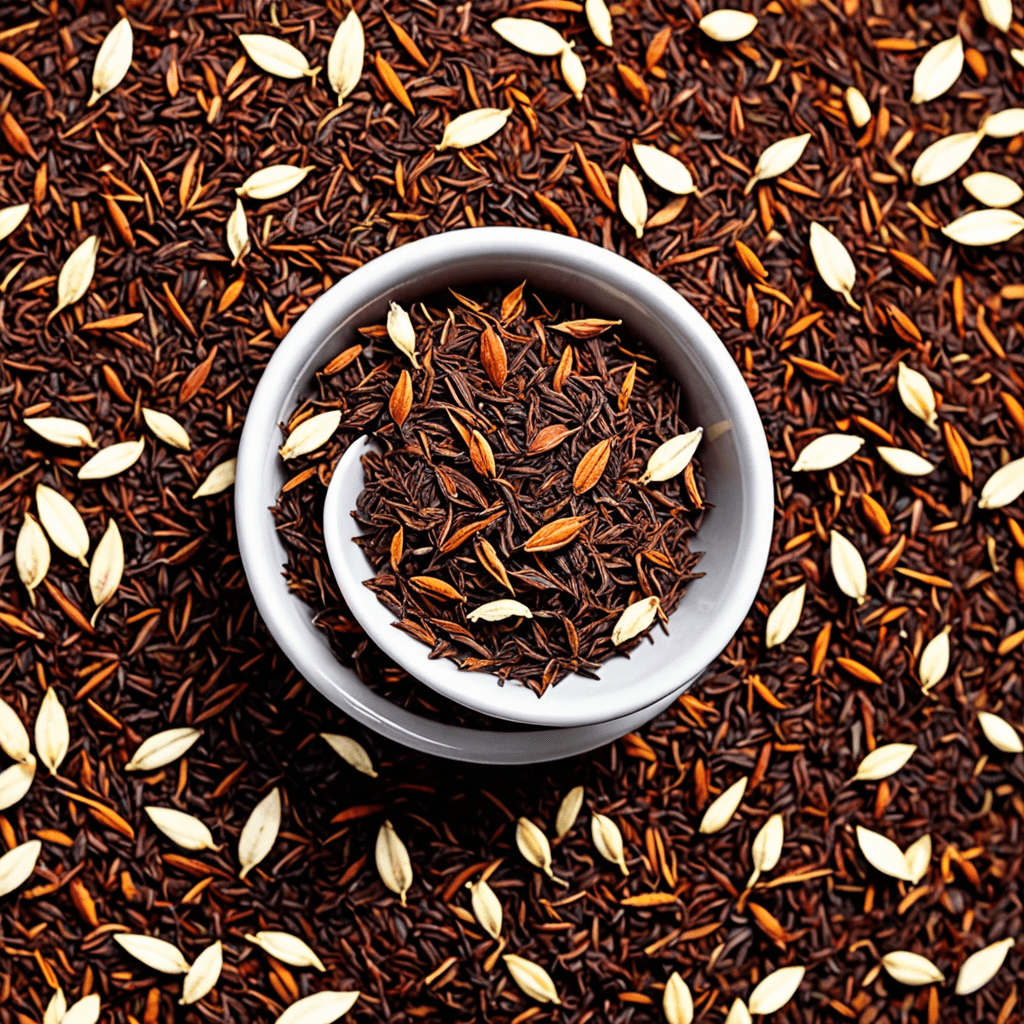
Unlocking the Nutritional Power of Green Tea: Vitamin K Content Unveiled
Green tea is known for its numerous health benefits, ranging from boosting metabolism to improving heart health. But have you ever wondered about its vitamin K content? Vitamin K is an essential nutrient that plays a crucial role in blood clotting, bone health, and more. In this article, we will delve into the world of green tea and explore how much vitamin K it contains.
Understanding Vitamin K and its Importance
Before we dive into the vitamin K content of green tea, let’s understand a bit about this vital nutrient. Vitamin K is a fat-soluble vitamin that exists in two primary forms: vitamin K1 (phylloquinone) and vitamin K2 (menaquinone). It is responsible for supporting blood coagulation, maintaining bone health, and promoting heart health.
Unveiling the Vitamin K Content in Green Tea
Green tea is a popular beverage derived from the leaves of the Camellia sinensis plant. It undergoes minimal oxidation during processing, preserving its natural compounds and health benefits. While green tea is well-known for its antioxidant properties, its vitamin K content is relatively low compared to other sources.
Based on scientific research and nutritional analysis, a typical serving of green tea (240 mL) contains about 0.03 micrograms of vitamin K1. This amount may vary depending on factors such as the brewing method, the quality of the tea leaves, and the steeping time. However, it is important to note that green tea is not a substantial source of vitamin K.
Factors Affecting Vitamin K Content in Green Tea
Several factors can influence the vitamin K content in green tea. Here are some key considerations to keep in mind:
1. Quality of the Tea Leaves
The quality and origin of the tea leaves used can impact the overall nutrient composition, including vitamin K content. Opting for high-quality tea leaves sourced from reputable suppliers can ensure you enjoy the maximum benefits of green tea.
2. Brewing Method and Steeping Time
The brewing method and steeping time play a role in extracting the nutrients present in green tea. Steeping the tea for a longer duration or using higher water temperatures may increase the extraction of certain compounds, including vitamin K.
3. Storage and Shelf Life
The storage conditions and shelf life of green tea can also affect the nutrient content, including vitamin K levels. It is important to store green tea properly, preferably in an airtight container away from direct sunlight to maintain its freshness and nutritional value.
Incorporating Green Tea into a Balanced Diet
Although green tea may not be a significant source of vitamin K, it still offers a range of health benefits due to its unique blend of antioxidants, polyphenols, and other bioactive compounds. Incorporating green tea into a balanced diet can contribute to overall health and well-being.
Consider enjoying green tea alongside vitamin K-rich foods such as leafy greens (spinach, kale), broccoli, Brussels sprouts, or other sources like avocado, kiwi, or soybeans. By combining these foods with green tea, you can create a diet rich in both nutrition and flavor.
FAQ
Q1. Can green tea interfere with blood-thinning medications?
A1. Green tea contains vitamin K in minimal amounts, so it is unlikely to interfere with blood-thinning medications. However, it is always recommended to consult with a healthcare professional if you have concerns about potential interactions between green tea and your medications.
Q2. Are there any side effects of consuming green tea?
A2. Generally, green tea is safe for consumption when consumed in moderate amounts. However, excessive consumption may lead to side effects such as caffeine sensitivity, digestive issues, or mineral malabsorption. It is best to consume green tea in moderation and listen to your body’s response.
Q3. Does green tea contain more vitamin K than other types of tea?
A3. Green tea and other types of tea, such as black tea or white tea, have similar levels of vitamin K. The difference in nutrient content mainly stems from the variations in processing methods and tea leaves used.
Q4. Can I rely on green tea as my sole source of vitamin K?
A4. No, green tea should not be relied upon as the sole source of vitamin K. It is crucial to maintain a varied and balanced diet that includes other vitamin K-rich foods to meet your nutritional needs.

